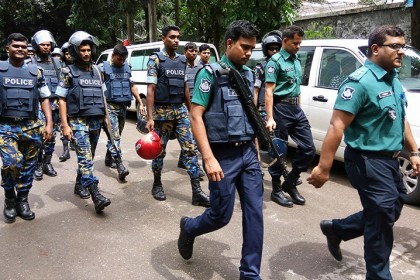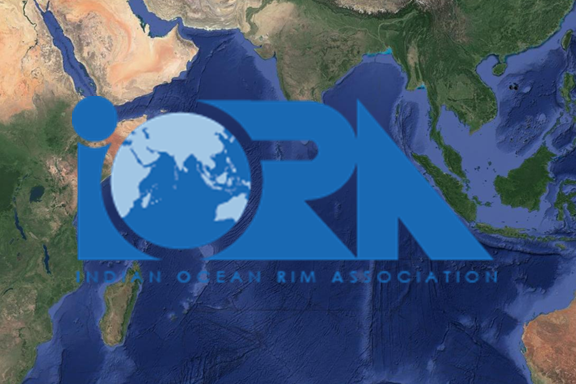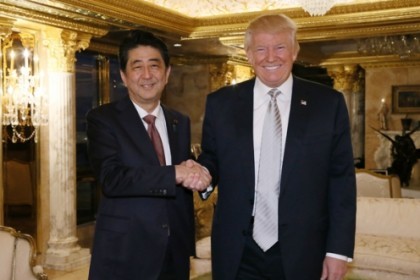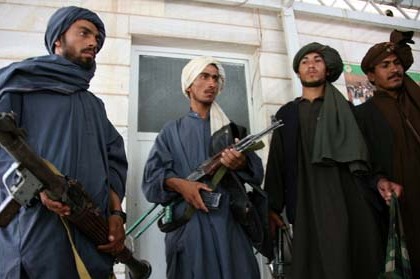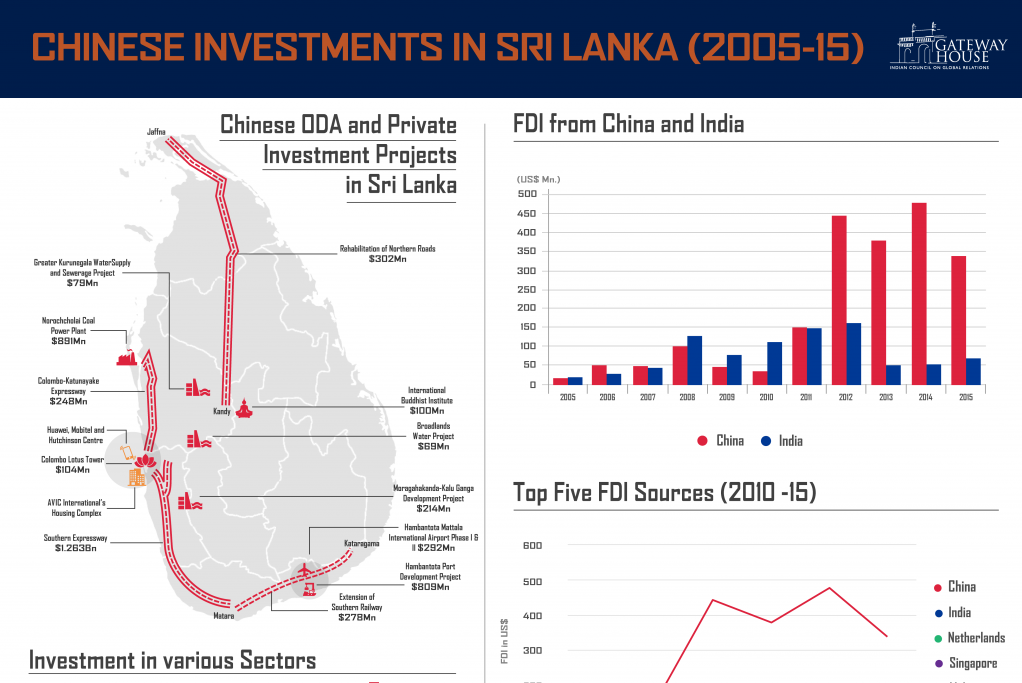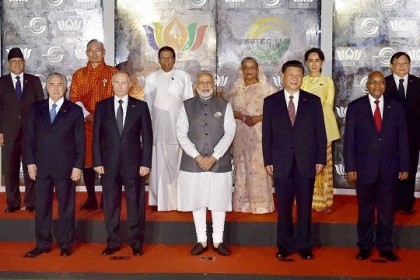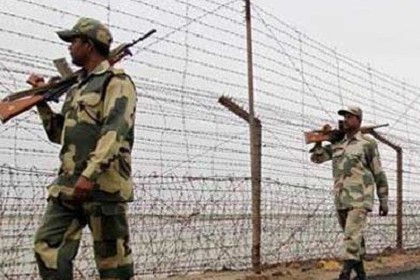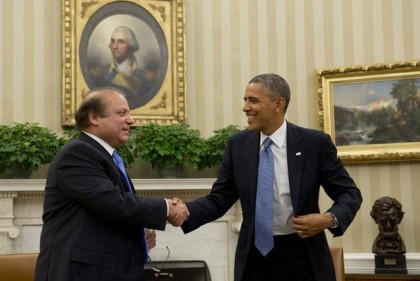Bangladesh: security & soul-searching
Bangladesh Prime Minister Sheikh Hasina will visit India beginning April 7 at a time when her country is confronted with Daesh-inspired terrorism. In the interests of regional stability, it is critical that the two countries maintain a united front against extremism

